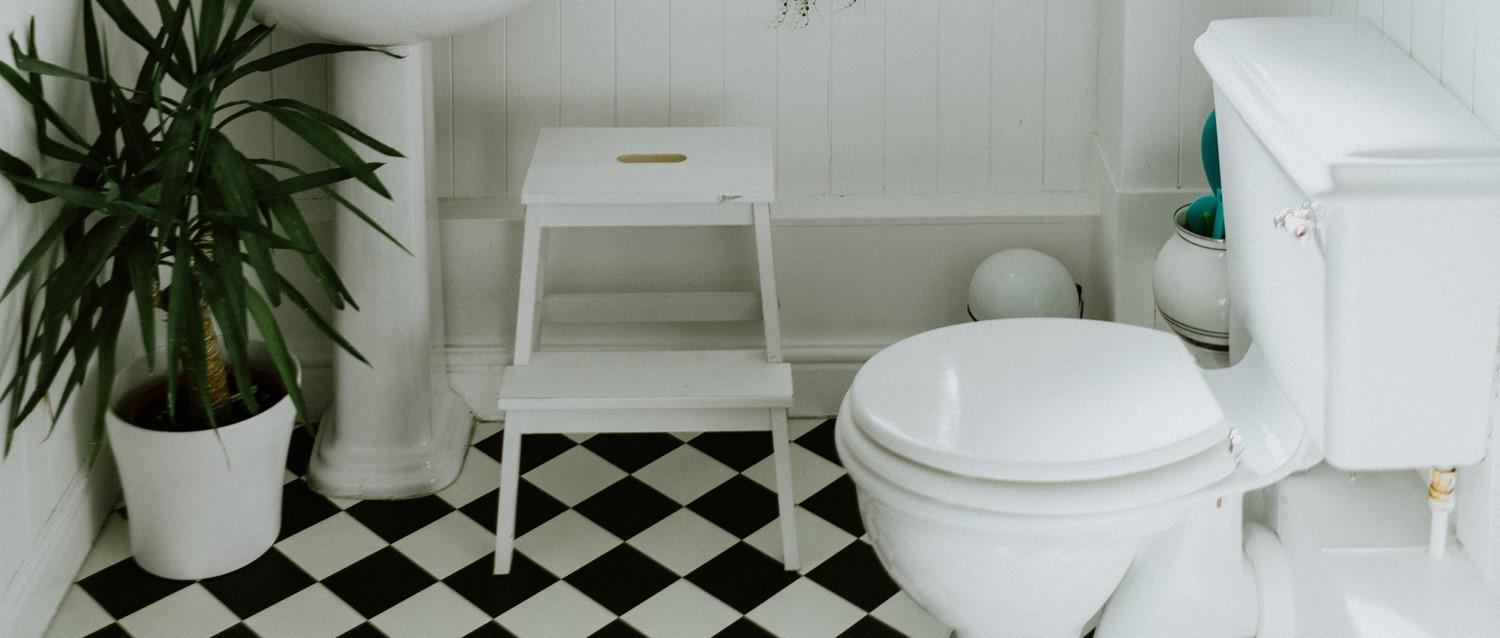
What are the early warning signs of bowel cancer?
Peer reviewed by Dr Colin Tidy, MRCGPLast updated by Lynn StephenLast updated 27 Nov 2025
Meets Patient’s editorial guidelines
- DownloadDownload
- Share
- Language
- Discussion
It’s easy to dismiss a change in your toilet habits or to brush off stomach aches and bloating as dietary issues. However, if these issues are persistent and unexplained, they may be signs of bowel cancer - and spotting them early is very important.
In this article:
Bowel cancer - also called colorectal cancer - affects your large bowel, which is made up of the colon and rectum. Around 44,000 people are diagnosed with bowel cancer every year in the UK.
Although more than 9 out of 10 new cases are diagnosed in people over the age of 50, bowel cancer can affect anyone of any age. More than 17,000 people die from bowel cancer in the UK every year, but it can be treatable and possibly curable - especially if it's diagnosed early.
Genevieve Edwards, chief executive at Bowel Cancer UK, says: "Bowel cancer is the UK’s fourth most common cancer but it doesn’t have to be this way. It’s treatable if diagnosed early and by going straight to your doctor it’s possible to rule out bowel cancer first and fast."
Continue reading below
Signs of bowel cancer
Changes in your poo
Symptoms of bowel cancer may include changes in your poo. Your poo may be softer or you may have diarrhoea or constipation that is not usual for you. You may need to poo more or less often than usual, or have blood in your poo - which may look red or black. Additionally, you might often feel like you need to poo, even if you've just been to the toilet.
The key symptoms to look out for include:
Bleeding from your bottom.
Blood in your poo.
A persistent and unexplained change in how often you poo, or in your normal urge to do so.
Unexplained weight loss.
Extreme tiredness for no obvious reason.
A pain or lump in your tummy.
Edwards says: "Most people with these don’t have bowel cancer, but if you experience one or more of them, you should visit your doctor straight away. They may ask you to do a test at home to help decide whether your symptoms need further investigation."
Tummy pain and bloating
Tummy aches and bloating are common and can be linked to a number of health issues, from your diet to stress. However, if these issues continue for weeks, they may be an early sign of bowel cancer and you should see your doctor.
In women, persistent and continuous bloating can also be a sign of ovarian cancer, so it's important to see your doctor.
Losing weight without trying
Losing weight, losing your appetite or feeling weak - without any obvious explanation as to why - can be possible signs of bowel cancer, along with many other unrelated conditions. You may also feel very tired for no reason.
If you have any of these symptoms for three weeks or more, you should speak to your doctor.
Bowel cancer in under-50s
Although bowel cancer is more common in people over 50, it's important that everyone is aware of the symptoms.
Researchers at the Washington University School of Medicine in St Louis studied more than 5,000 patients under the age of 50 with bowel cancer. Their symptoms before diagnosis included abdominal pain, bleeding from the bottom, diarrhoea, and iron deficiency anaemia.
Yin Cao, a senior investigator for the study, said: "Bowel cancer is not simply a disease affecting older people. Younger adults need to be aware of and act on these potentially very telling signs and symptoms - particularly because people under 50 are considered to be at low risk, and they don’t receive routine bowel cancer screening."
What to expect when you speak to your doctor
When you see your doctor, they will ask you about your symptoms, your health in general, and your medical history. They may also ask if anyone in your family has had bowel cancer. Your doctor may feel your stomach or ask to do a rectal examination, where they put a gloved finger inside your bottom to check for lumps.
You can ask for a male or female doctor or nurse if you feel more comfortable. You may also be asked for a poo (stool) sample for testing.
Your doctor may refer you for more tests or to see a specialist in hospital if they think you have symptoms that need to be investigated, but this doesn’t mean you have cancer.
Speak to your doctor if you're ever concerned about your health or any changes to your body or toilet habits.
Patient picks for Bowel cancer

Cancer
Ways to help reduce your chance of bowel cancer
There are around 44,100 new bowel cancer cases in the UK every year, that's around 120 people every day. Bowel cancer is the 4th most common cancer in the UK, accounting for 11% of all new cancer cases according to Cancer Research UK. However, whilst the overall rates of bowel cancer are falling, the number of under 50s who have the condition is increasing. No matter your age, there are many things you can do to help reduce your chance of getting bowel cancer. Here, gastroenterologist and colon cancer specialist Dr Monique van Leerdam shares her advice.
by Lawrence Higgins

Cancer
How do we screen for bowel cancer?
In the wake of Dame Deborah James's death, Dr Kevin Monahan and Dr Lisa Wilde talk about faecal immunochemical testing - checking for blood in your poo - and other types of bowel cancer screening. This includes Lynch syndrome, a hereditary condition increasing the risk of certain types of cancer including bowel cancer.
by Ellie Broughton
Continue reading below
Article history
The information on this page is peer reviewed by qualified clinicians.
Next review due: 27 Nov 2028
27 Nov 2025 | Latest version
25 May 2023 | Originally published
Authored by:
Lydia Smith

Ask, share, connect.
Browse discussions, ask questions, and share experiences across hundreds of health topics.

Feeling unwell?
Assess your symptoms online for free
Sign up to the Patient newsletter
Your weekly dose of clear, trustworthy health advice - written to help you feel informed, confident and in control.
By subscribing you accept our Privacy Policy. You can unsubscribe at any time. We never sell your data.